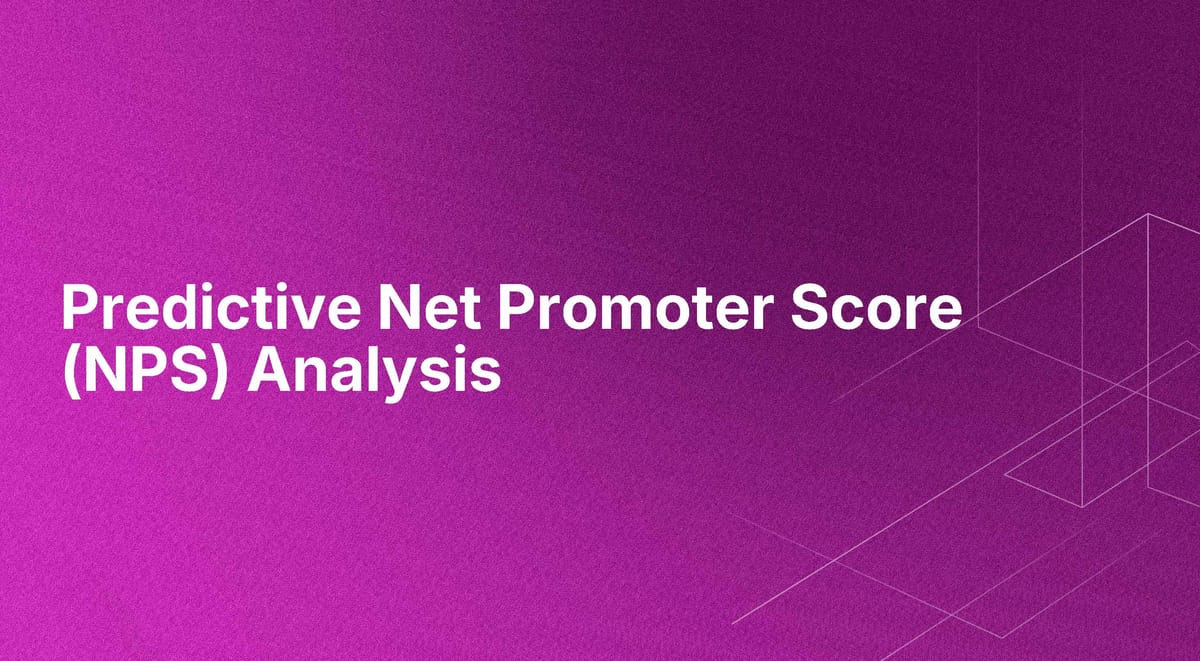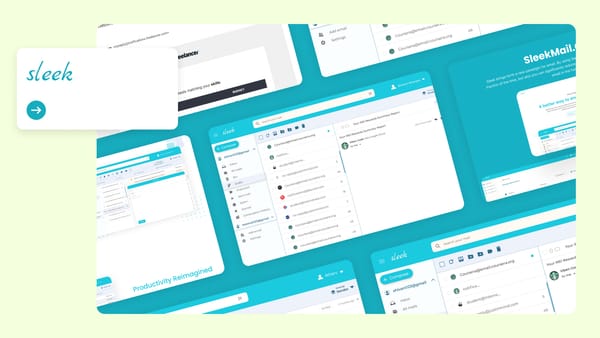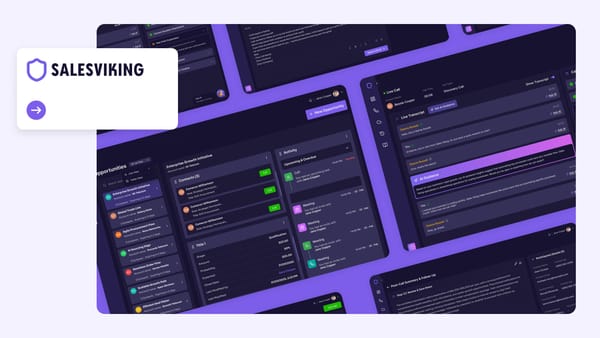Predictive Net Promoter Score (NPS) Analysis

Leveraging AI to Proactively Manage Customer Satisfaction
Overview
Businesses across various sectors, from airlines to insurance companies, have been increasingly focusing on customer satisfaction metrics to enhance their services and retain customers. One of the most widely utilized metrics is the Net Promoter Score (NPS), which provides insight into customer loyalty and the likelihood of them promoting the company’s offerings. By asking customers how likely they would recommend a product or service on a scale from 0 to 10, organizations can classify responses into promoters, passives, and detractors.
Problem Statement
While the NPS provides valuable insights into customer satisfaction and loyalty, it is inherently reactive. By the time businesses learn that a customer is a detractor, the relationship may already be damaged, requiring costly incentives to restore it. Further, a significant percentage of customers may not respond to NPS surveys, leaving companies in the dark about their sentiments.
Solution Overview
Leveraging artificial intelligence (AI) to predict NPS scores can transform the way businesses manage customer relationships. By integrating AI models with existing customer data, companies can anticipate which customers are likely to become detractors even before they provide feedback. This foresight allows businesses to take proactive measures to improve relationships, potentially reducing customer churn and enhancing overall satisfaction. AI models can analyze a myriad of factors, such as past interactions, purchase history, and service usage patterns, to deliver predictive insights into customer satisfaction levels. For implementation, companies can start by aggregating their customer data and using machine learning algorithms to train predictive models. These models can then be validated and refined through iterative processes to ensure accuracy and reliability. Additionally, incorporating AI-driven explanations for the predicted scores can provide businesses with actionable insights, enabling personalized engagement strategies to address customer concerns. By combining predicted NPS with qualitative data from open-ended survey questions, businesses can gain a deeper understanding of the underlying factors influencing customer sentiment, allowing for more targeted and effective interventions.





